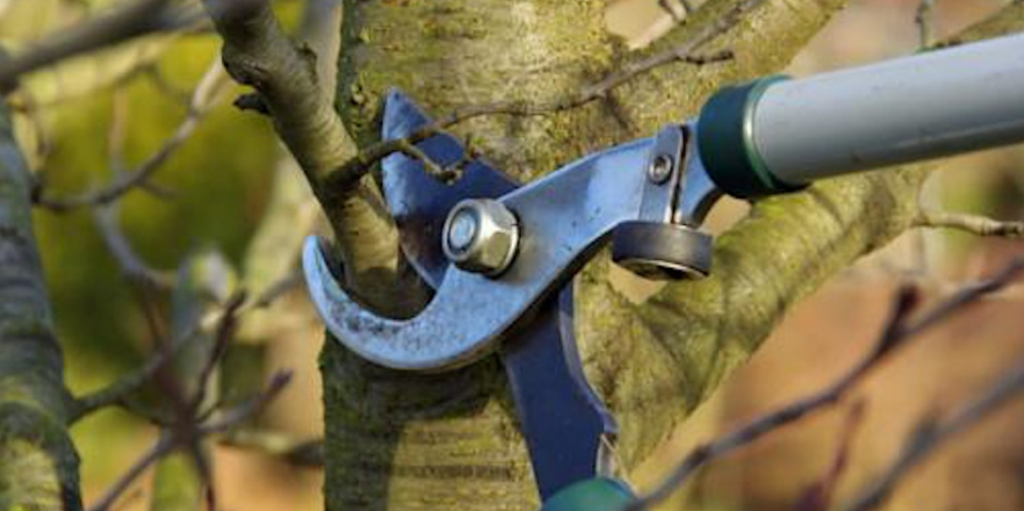 The Wisconsin Department of Natural Resources (DNR) and UW-Madison Extension have teamed up to offer young tree training pruning workshops at five locations around the state. Wachtel Tree Science will be presenting the information in a morning-indoors-afternoon-outside format. The cost is $35 including lunch, and ISA Continuing Education Units (CEUs) will be offered.
The Wisconsin Department of Natural Resources (DNR) and UW-Madison Extension have teamed up to offer young tree training pruning workshops at five locations around the state. Wachtel Tree Science will be presenting the information in a morning-indoors-afternoon-outside format. The cost is $35 including lunch, and ISA Continuing Education Units (CEUs) will be offered.
Set your trees up to thrive and help alleviate storm damage by properly pruning your trees when they’re young. It’s an excellent investment of resources providing exponential savings in the future.
Please register ASAP as these start in just a couple weeks.

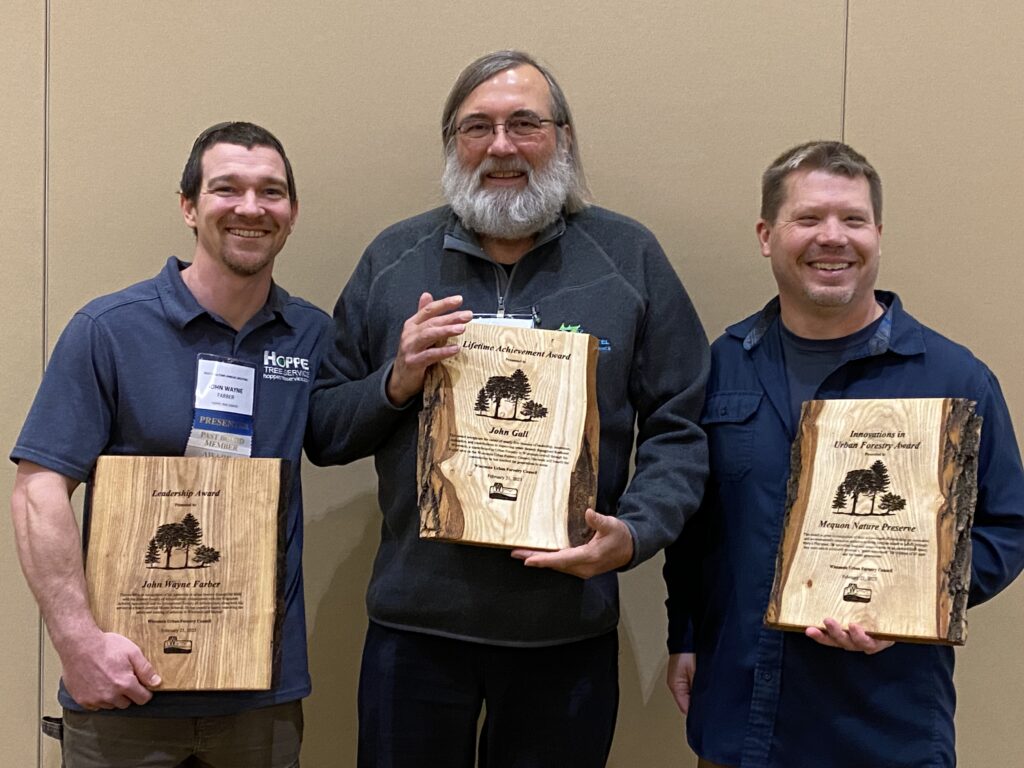
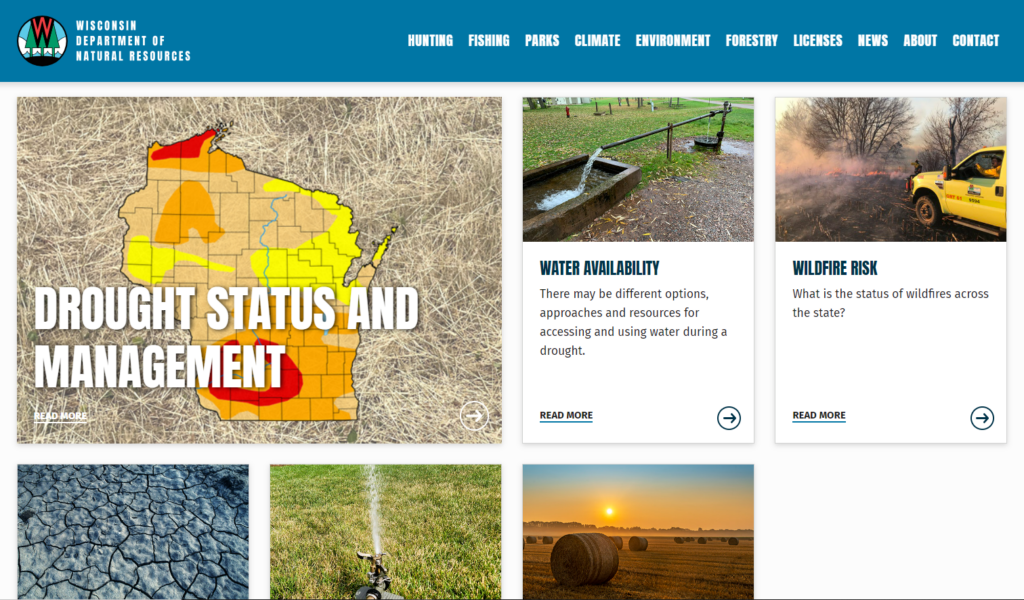 The Wisconsin Department of Natural Resources (DNR) recently launched a
The Wisconsin Department of Natural Resources (DNR) recently launched a  September is back to school month. How do you get those kids to settle down and focus after three months off? The answer is as simple as walking right outside your front door! Exposure to nature has been shown to positively impact students, from improved academic performance and focus, to reduced Attention Deficit Hyperactivity Disorder (ADHD) symptoms.
September is back to school month. How do you get those kids to settle down and focus after three months off? The answer is as simple as walking right outside your front door! Exposure to nature has been shown to positively impact students, from improved academic performance and focus, to reduced Attention Deficit Hyperactivity Disorder (ADHD) symptoms. 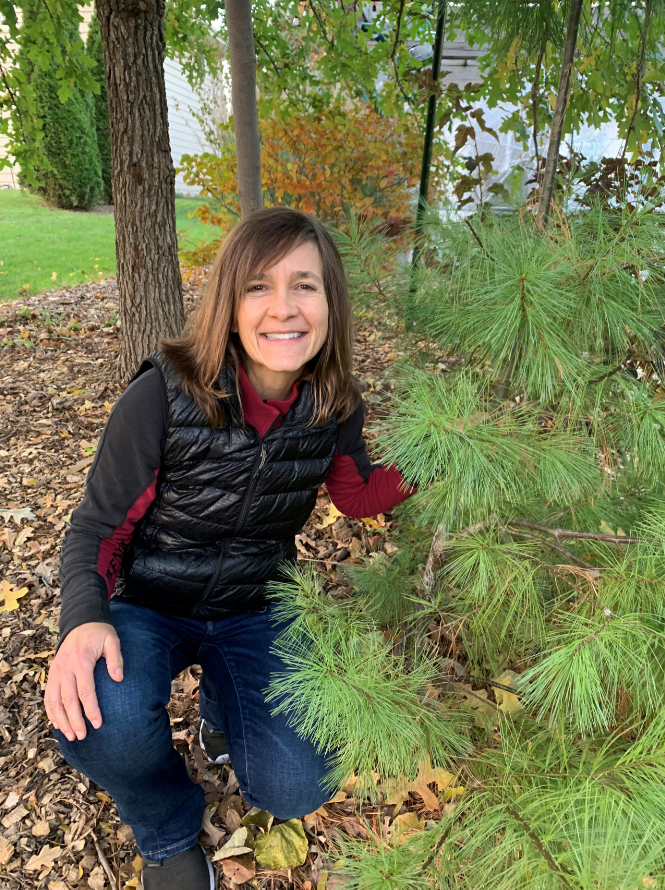 Congratulations to Kim G. Sebastian as she begins her retirement this month. Kim has been with the DNR as Urban Forestry Coordinator since 1990. Read on to hear Kim reflect on her experience with the DNR and share some parting words.
Congratulations to Kim G. Sebastian as she begins her retirement this month. Kim has been with the DNR as Urban Forestry Coordinator since 1990. Read on to hear Kim reflect on her experience with the DNR and share some parting words.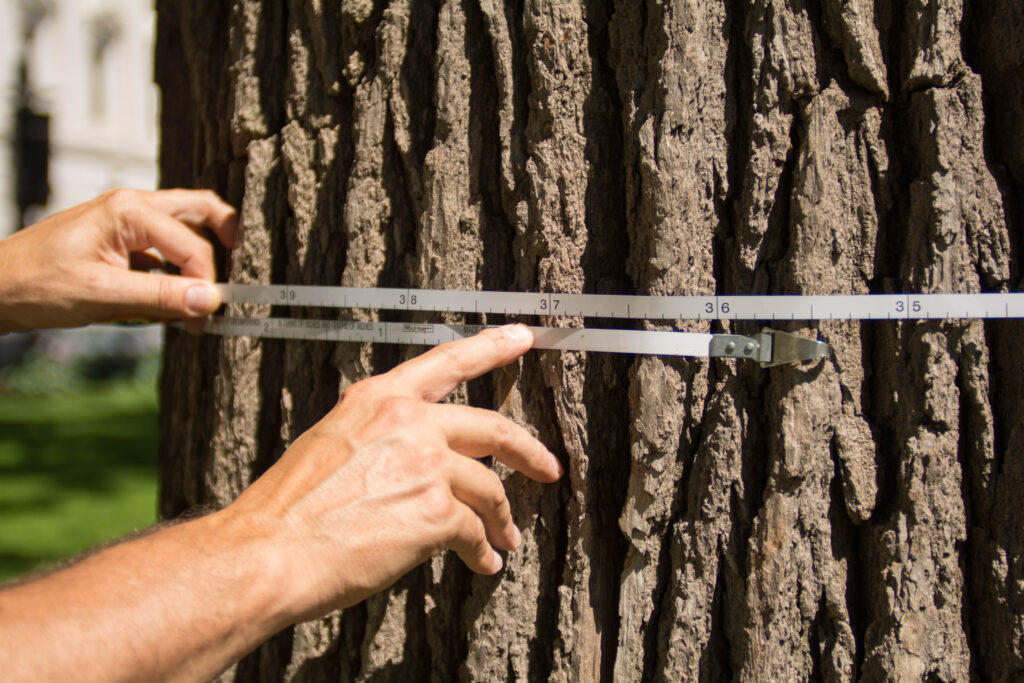 Tree inventories are foundational elements of sustainable urban forestry programs. You need to know what you have to best manage your trees. Because of the importance of these datasets, the Wisconsin DNR Urban Forestry program often funds inventories through their annual grants (
Tree inventories are foundational elements of sustainable urban forestry programs. You need to know what you have to best manage your trees. Because of the importance of these datasets, the Wisconsin DNR Urban Forestry program often funds inventories through their annual grants (